For Martha and Bob Bonneau, their daughters’ special needs have been the least challenging part of their adoption experience. The hard part has required them to learn a few new parenting strategies — and their daughters to learn just how strong and proud they can be.
“I’m so glad you’re here!” shrieks 7-year-old Finley within seconds of her mom opening the front door. She grabs my hand and rushes to show me her bedroom, where a train track — mid-construction — is sprawled over the carpet. Then we’re running to the large wall-size map of China hanging in the family room — her long white hair whishing behind her.
“This is where I’m from,” she says, going up on tippy toe to point as far north as she can reach, to the region of Inner Mongolia.
Ten-year-old Yu Chen stands quietly behind her parents, a bit softer than her sister, but just as excited to share where she was born on the map.
“Riiight here.” Yu Chen points to Shaanxi province, a bit less of a reach, just south of Inner Mongolia in the northeastern part of the country. Her long black hair falls neatly over her plaid dress.
Their mom, Martha, has a calming presence that balances the girls’ unabashed enthusiasm. She smiles, watching them share about themselves.
“Not only do they look night and day,” she says, “their personalities are night and day, too.”
Both girls are Chinese. But because Finley has albinism, it’s true that Finley and Yu Chen appear to be opposites. Striking, beautiful opposites.
Finley loves dancing, twirling and reading. Yu Chen loves dinosaurs, all animals and making origami.
When Martha and Bob Bonneau first saw their pictures and read the girls’ adoption files, each time, they knew that Yu Chen and Finley belonged in their family.
“We just knew with both of them,” Martha says. “I get goosebumps even thinking about it. They’re completely opposite, but we could imagine them in our family, and they folded in perfectly.”
While neither Martha nor Bob would say that adoption is “easy,” they attribute their relatively easy transition to one important part of the process: research.
Both Yu Chen and Finley have special needs, and when it came time to fill out the medical checklist early in their adoption process — where adoptive families mark which special needs they would be comfortable with and prepared to meet — Martha and Bob took their time.
“Yu Chen’s special need was one that we didn’t [initially] check on our checklist,” Martha says. But after talking with a pediatrician, they learned more and decided it was a special need they could handle. So they went back, and checked the box.
“Had we not had that conversation,” Martha says, “we would have missed out on her.”
Two years later, in the adoption process for a second time, they had a similar experience. At first, they weren’t comfortable with albinism.
“The skin and hair, that’s a part of it,” Martha says, referring to what people first notice about someone with albinism, and the special care and sun protection needed for a child whose skin and hair lacks melanin. “But the vision aspect?” she says. “That’s what people are unfamiliar with.”
“The scary part,” Bob adds.
So they researched — talked with doctors, and connected with other parents of children with albinism.
“We educated ourselves and saw that, really, it wasn’t that big of a deal,” Martha says. “And it hasn’t been!”
Apart from sunscreen every morning, sunhats and sunglasses when she’s outside, making sure her back is against the light at the dinner table or in her classroom, Finley’s everyday life is typical of any other 7-year-old’s.
“Little things,” Martha says.
“She does have vision issues,” Bob says, “and they do interfere with her ability to navigate her environment — even though she’s adapted extremely well to it.”
As we speak, Finley bounds around her house, works on a coloring book page and plays in her room. It’s true — no one would ever guess that she is legally blind.
At school, she works with a special teacher for the visually impaired. She’s also learning to use a cane – which is helpful when it’s dark outside, or like last week, when she went on a family hike on a shaded trail.
But her biggest challenge — more than vision impairment and sensitivity to sun and bright light — is something that you can’t see.
“We were Finley’s fourth family,” Martha says. “She went from a birth family to an orphanage to her foster family, to us. The idea of permanency was not something she was familiar with or knew.”
Martha is an adoption advocate. On social media she shares about Yu Chen and Finley (with their permission), and she raises awareness about special needs. But the trauma aspect of adoption, she chooses not to share about.
“[Finley] lived her first couple of years with us, waiting for the other shoe to drop.” Martha and Bob say this last part in unison, a phrase they use often to describe what Finley’s world was like.
Yu Chen was 3-and-a-half when she came home, and Finley was almost 5. And just that year and a half can make a big difference.
“Finely had a whole lot more China experience behind her,” Bob says. And unfortunately, because of her albinism, a lot of her experiences weren’t good ones. She was ostracized from the other kids, and had to get used to standing out.
“She had to fight harder,” Bob says. “And albinism,” he says, “it’s funny, is nothing. That’s the easy part. It’s the internal stuff that adopted kids have to deal with on a daily basis. What they’re going through, and how they see the world — that’s where we need to be a support to them.”
This means learning how to parent children who have experienced trauma, advocating for them in school, educating adults about their special needs, and most of all, empowering the girls to advocate for themselves.
Martha and Bob support both of their girls in this way, but Finley needs their support the most. They know she looks to them about how to respond to the questions and stares. And sometimes, the answers are ones that defend her very identity.
When they travel in China — or even in Chicago’s Chinatown — people know Yu Chen is Chinese, but don’t believe it when they hear that Finley is, too.
Because of this — for the benefit of both Yu Chen and Finley — the Bonneaus make China a big part of their life.
Their home is beautifully decorated with globes, a terra cotta warrior, and lots of other reminders of China — including the big map in the living room.
They love making dumplings as a family.
“I could eat these for breakfast, lunch and dinner!” Yu Chen says, smiling as she folds the thin dumpling paper around the filling.
Finley uses a special mold to make her dumplings — and they come out with perfectly folded edges every time.
“We don’t want them consumed in it,” Bob says, “but I think it’s important that they’re grounded in their own personal history. It’s a mixture. They’re Chinese-American now. It should be something that they’re proud of, and not something that has happened to them.”
This statement rings true for their family. Whether it’s albinism or another special need, having lived in an orphanage in China or learning to be an adoptive family — it’s not just “something that has happened to them.”
These are parts of their story. And each part, something to be proud of.
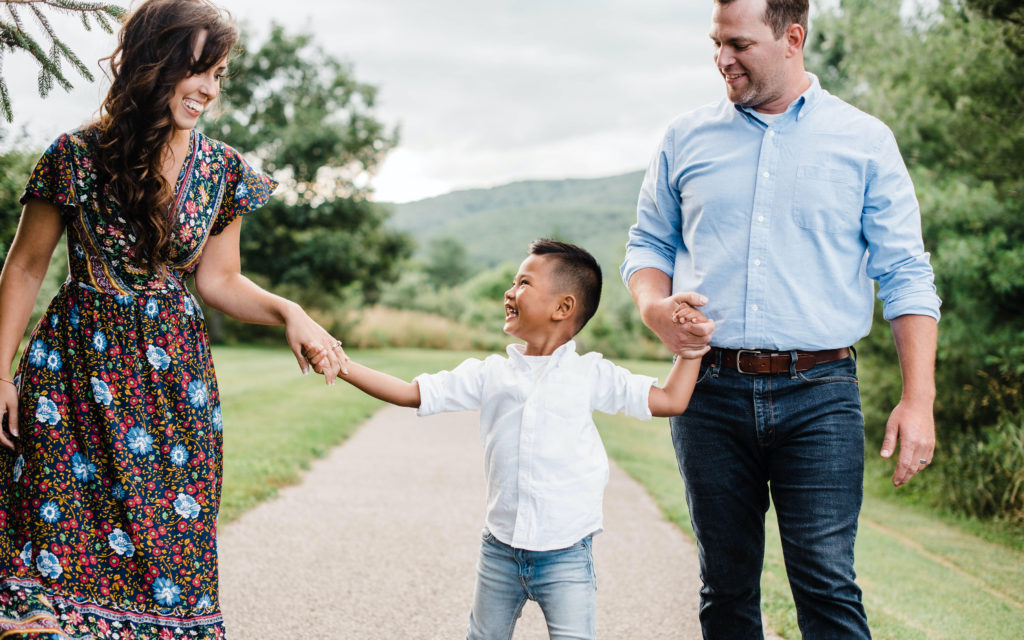
Learn More About International Adoption
We work with families in all 50 states to find loving homes for children from 11 locations around the world!
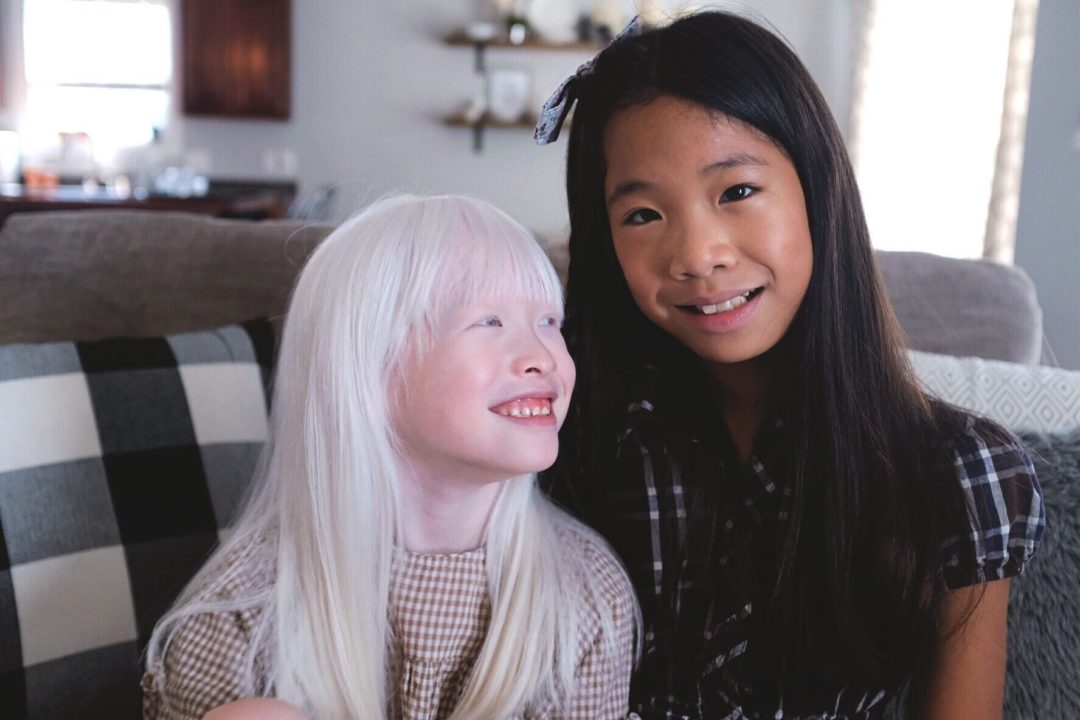
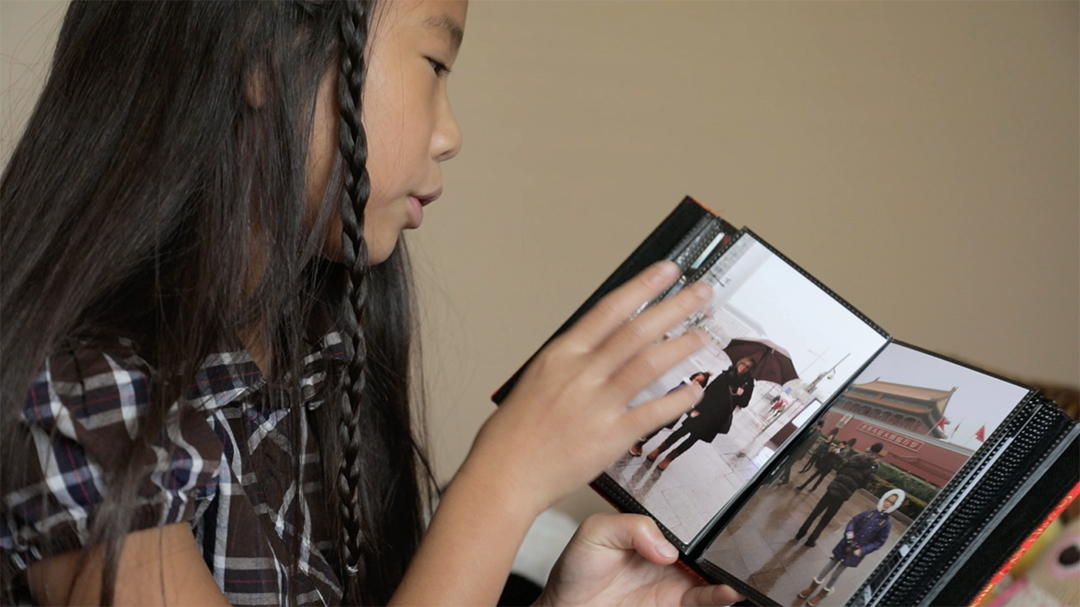
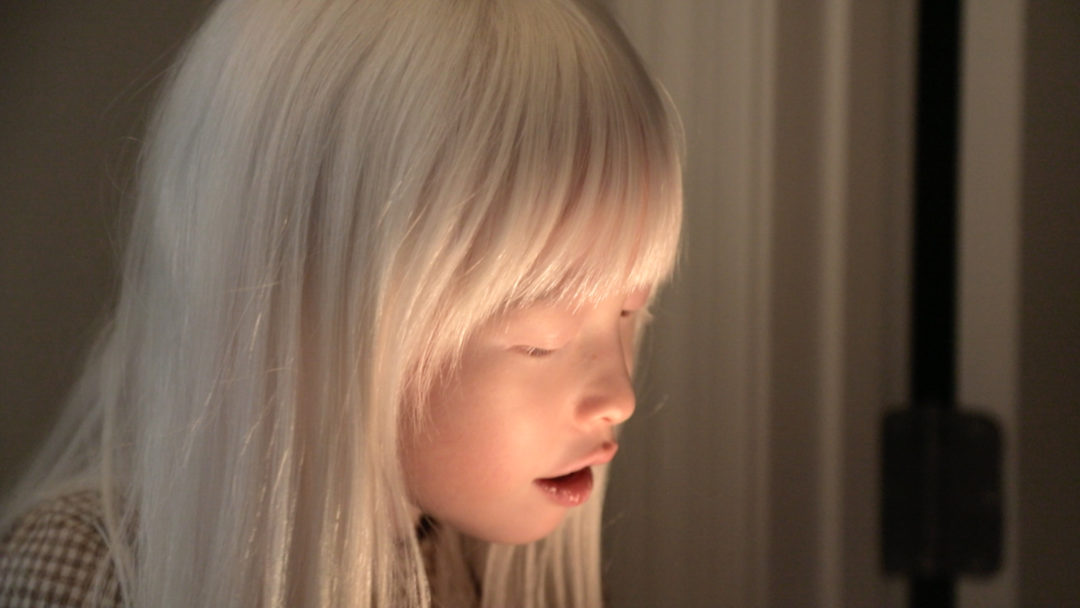
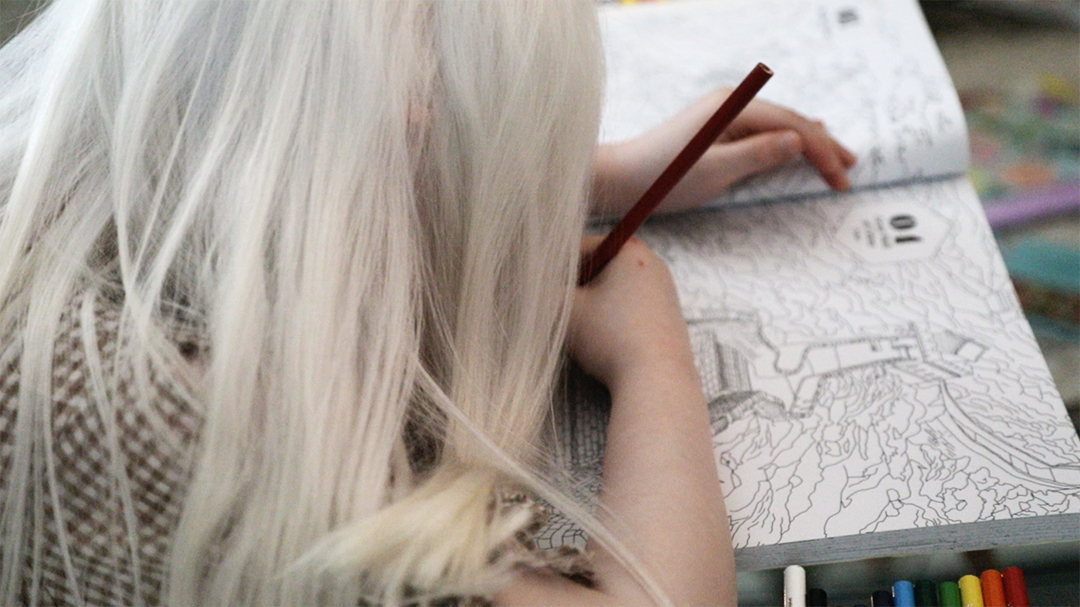
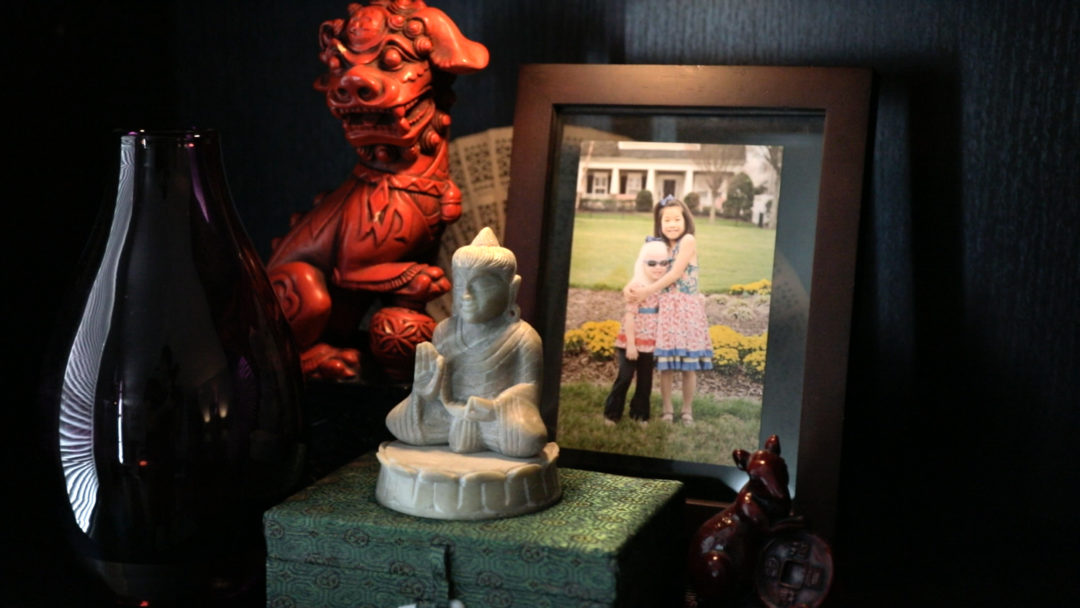
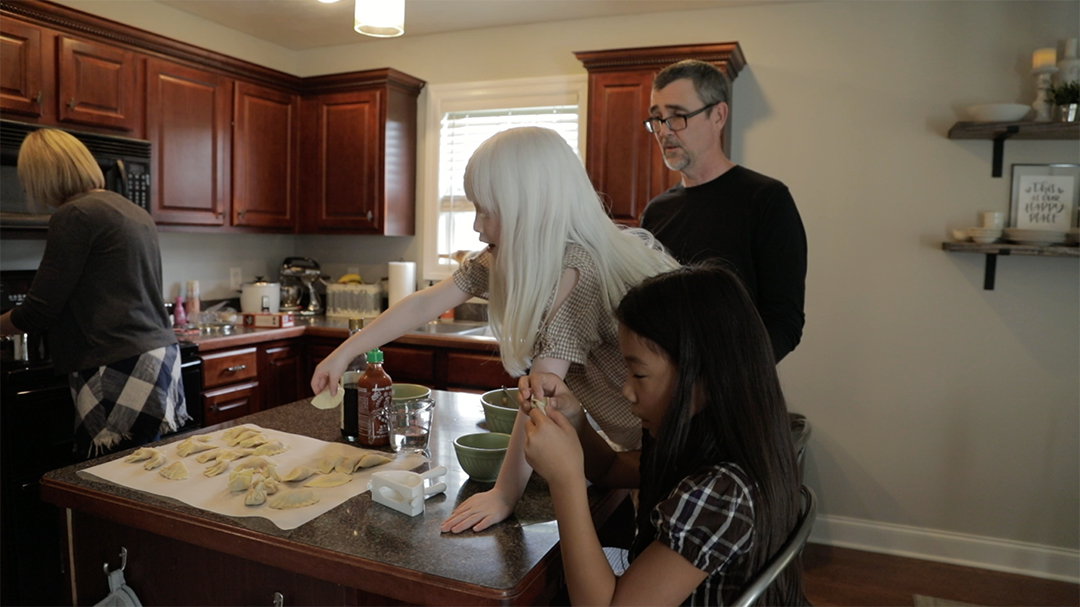
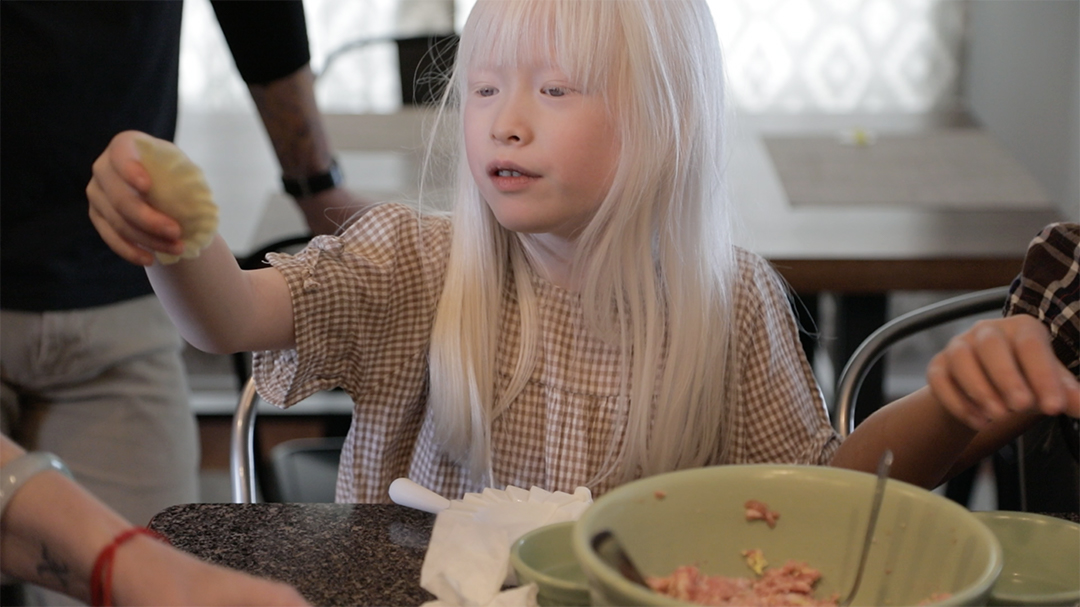
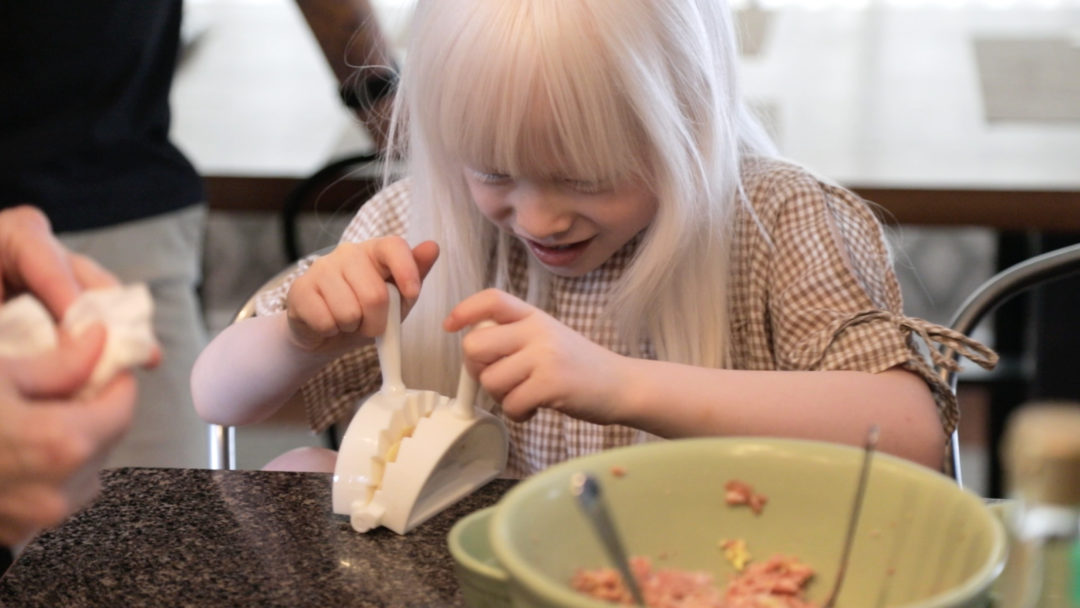
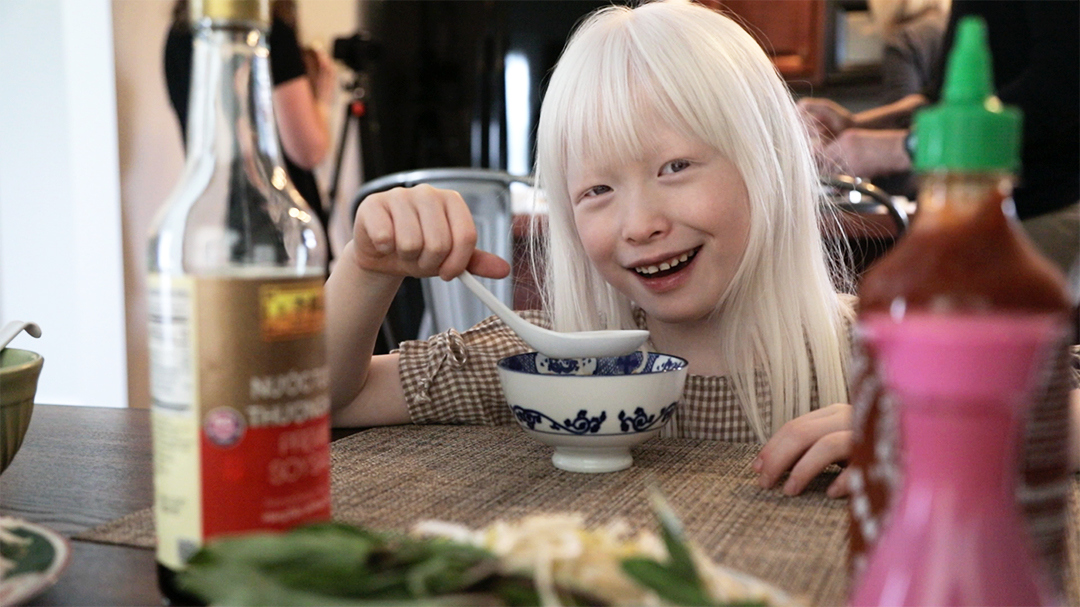
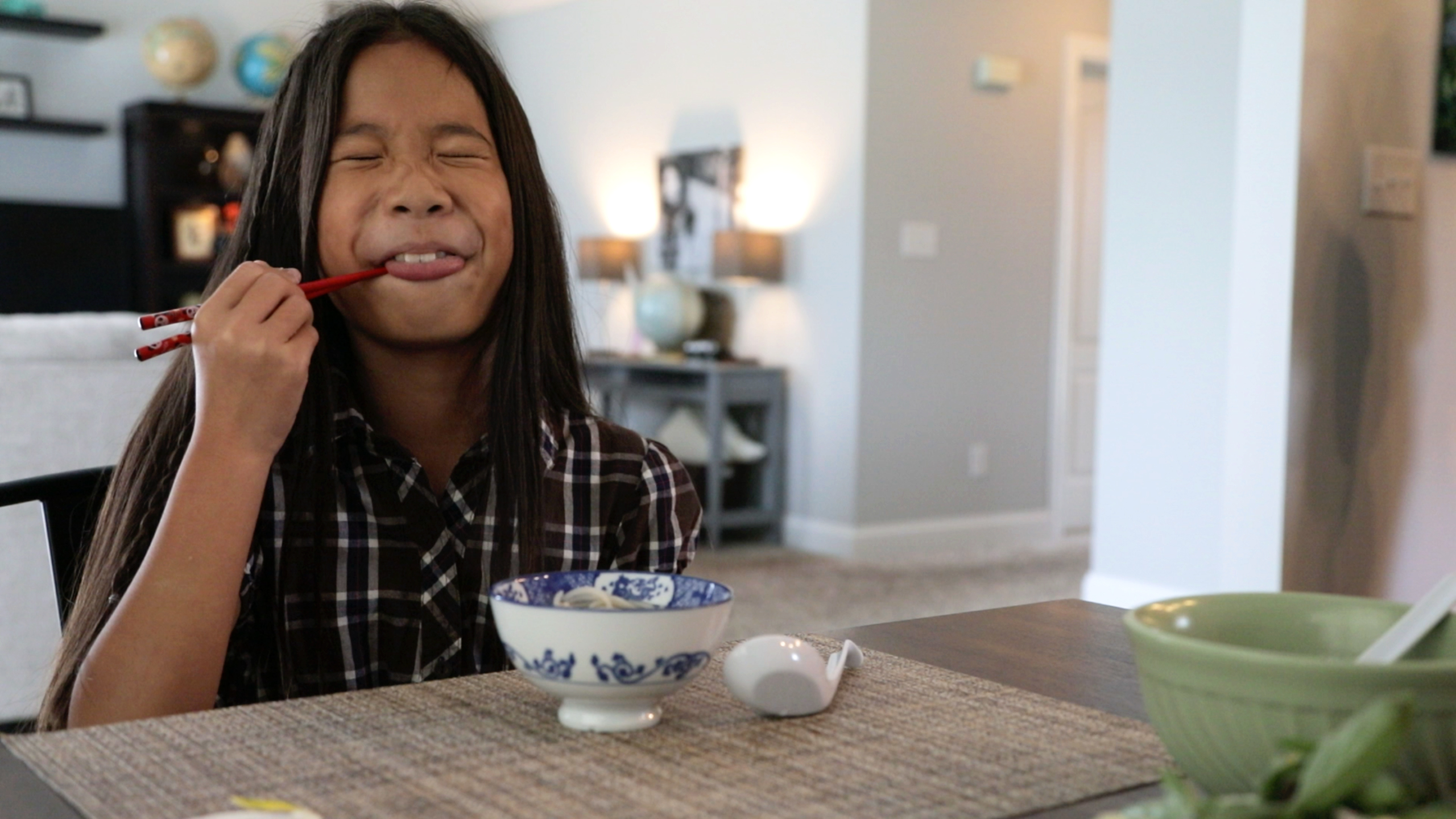
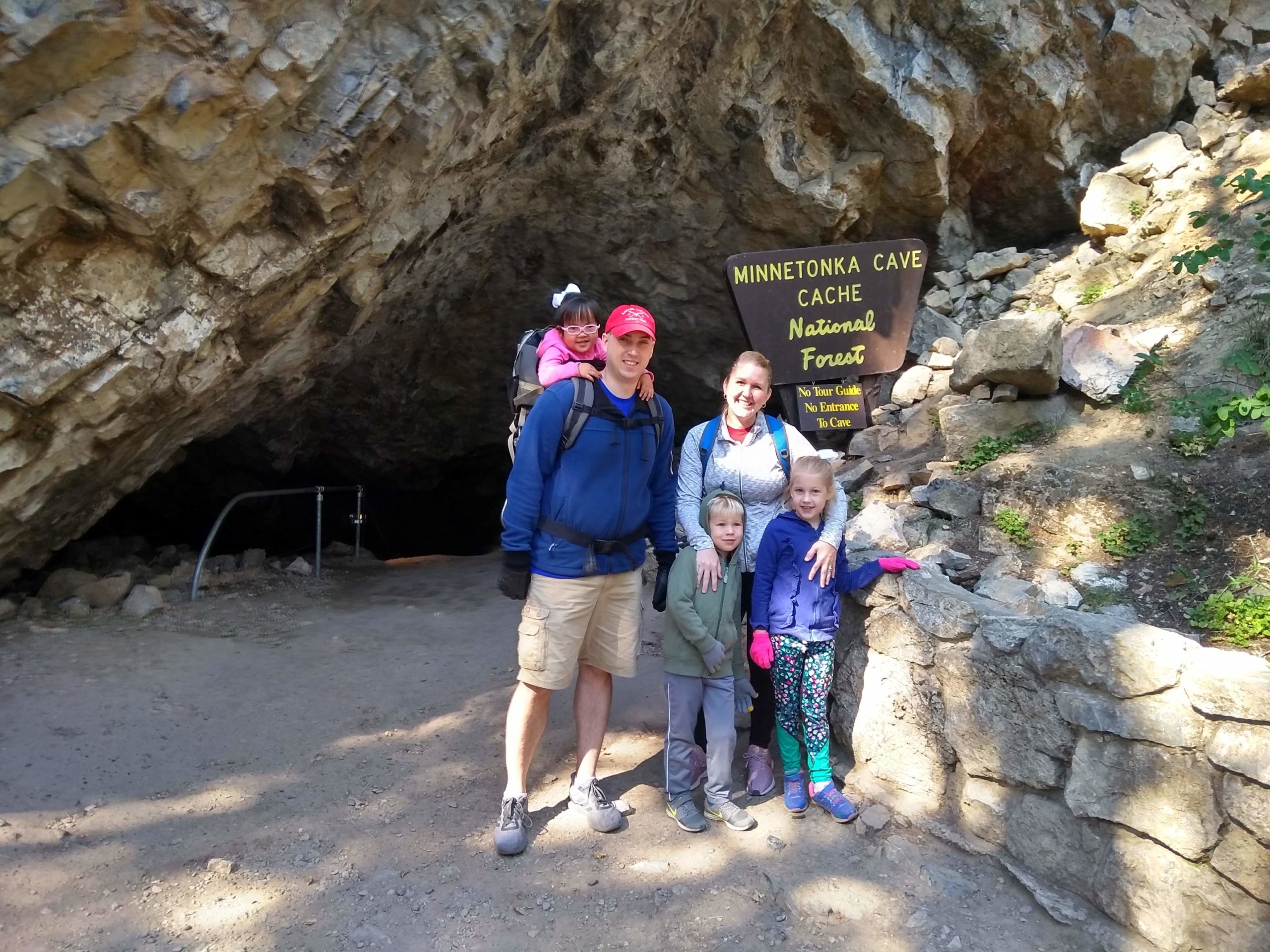

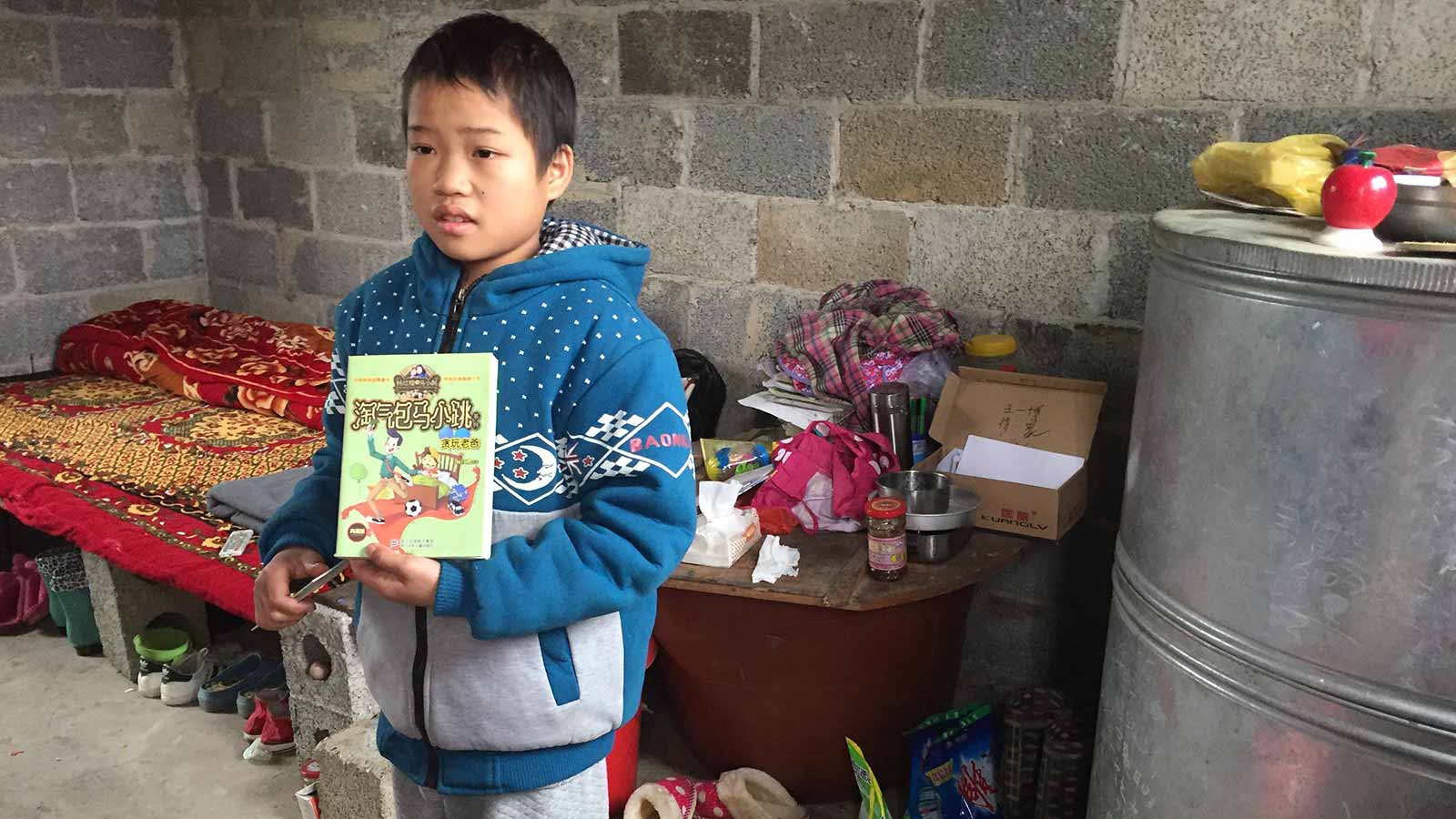


This is beautiful. Thank you for putting this out there. You have an amazing family. Thank you for being an adoption advocate!